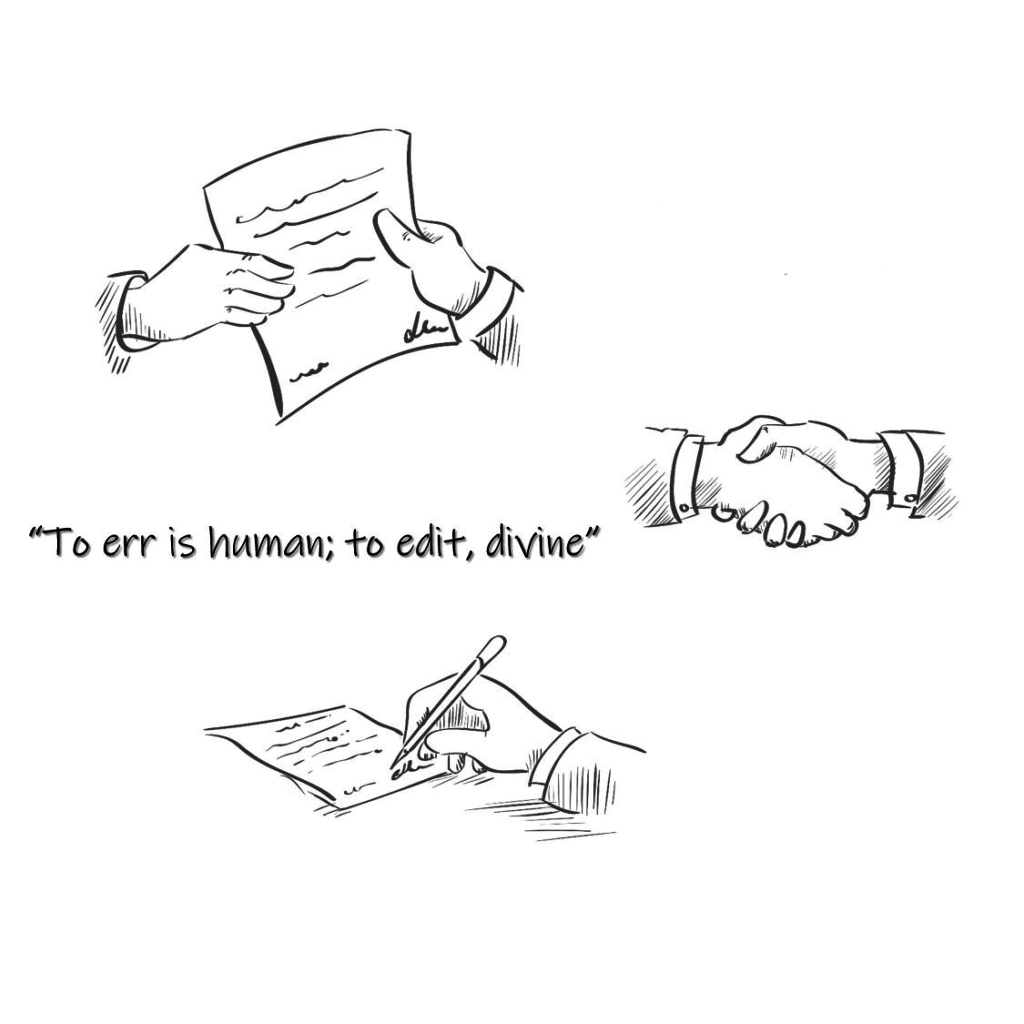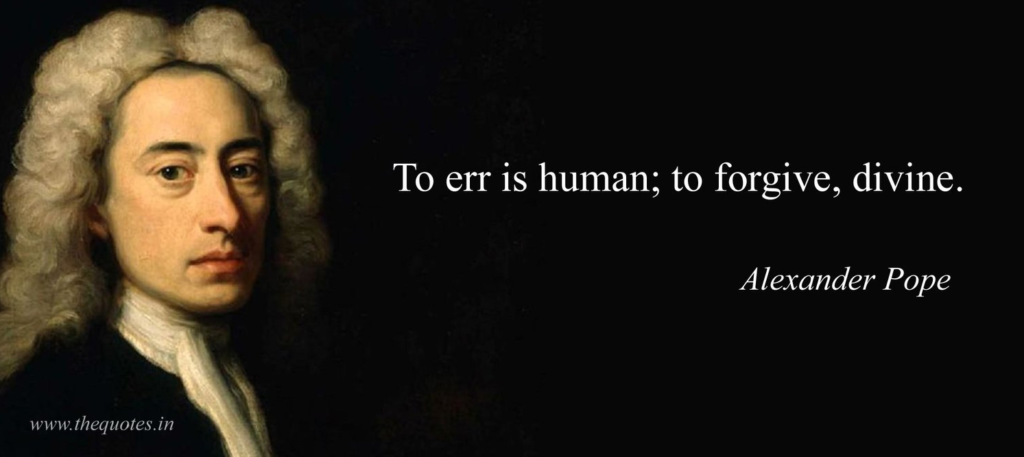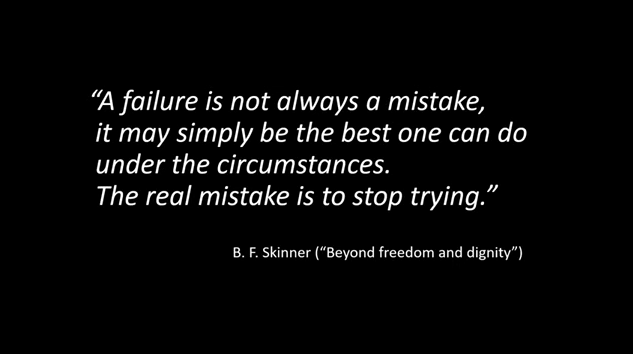

You’ve probably heard the phrase, “To err is human; to forgive, divine.”

It was written by the English poet Alexander Pope, in his poem An Essay on Criticism, in 1711, at age 23. A wise young man who remained in ill health throughout his life, read avidly and was able to support himself as a translator and writer.
But, would the “error”, the “mistake” be the problem?
Wouldn’t the problem be in the “judgment” we make on ourselves as well as on others?
According to the National Science Foundation, the average person has around 12,000 to 60,000 thoughts per day. Of those, 80% are apparently negative and 95% of our thoughts are repetitive.
This is also true for our learning process, where “judgment” can do a lot of damage. We all make “mistakes”, as we are all, as human beings, “works in progress”.
What if we were able to stand back (not judge) and see that we are on our journey and that not choosing the best way sometimes, allows us to get to know a better one.
First let’s look at this proverb.
Below is very good listening, vocabulary, and content practice. You will hear a lot of the words and expressions we have been learning (task, figure out, solve, on the flip side, struggle, look at, discussion, looks like, procedure, leftovers, approach, worth it). Watch carefully. Take notes of the words you identify. Turn on subtitles if you need them.
To err is human – and can promote learning | Nikol Rummel shines a new light on failure in her talk and focuses on its productivity for learning. She argues that struggling can help activate relevant prior knowledge and allows us to gain a deeper understanding of a problem, and can thus prepare us for learning more successfully from subsequent instruction.
Dr. Nikol Rummel says:
“Struggle is not only okay, it is in fact productive for learning”.

